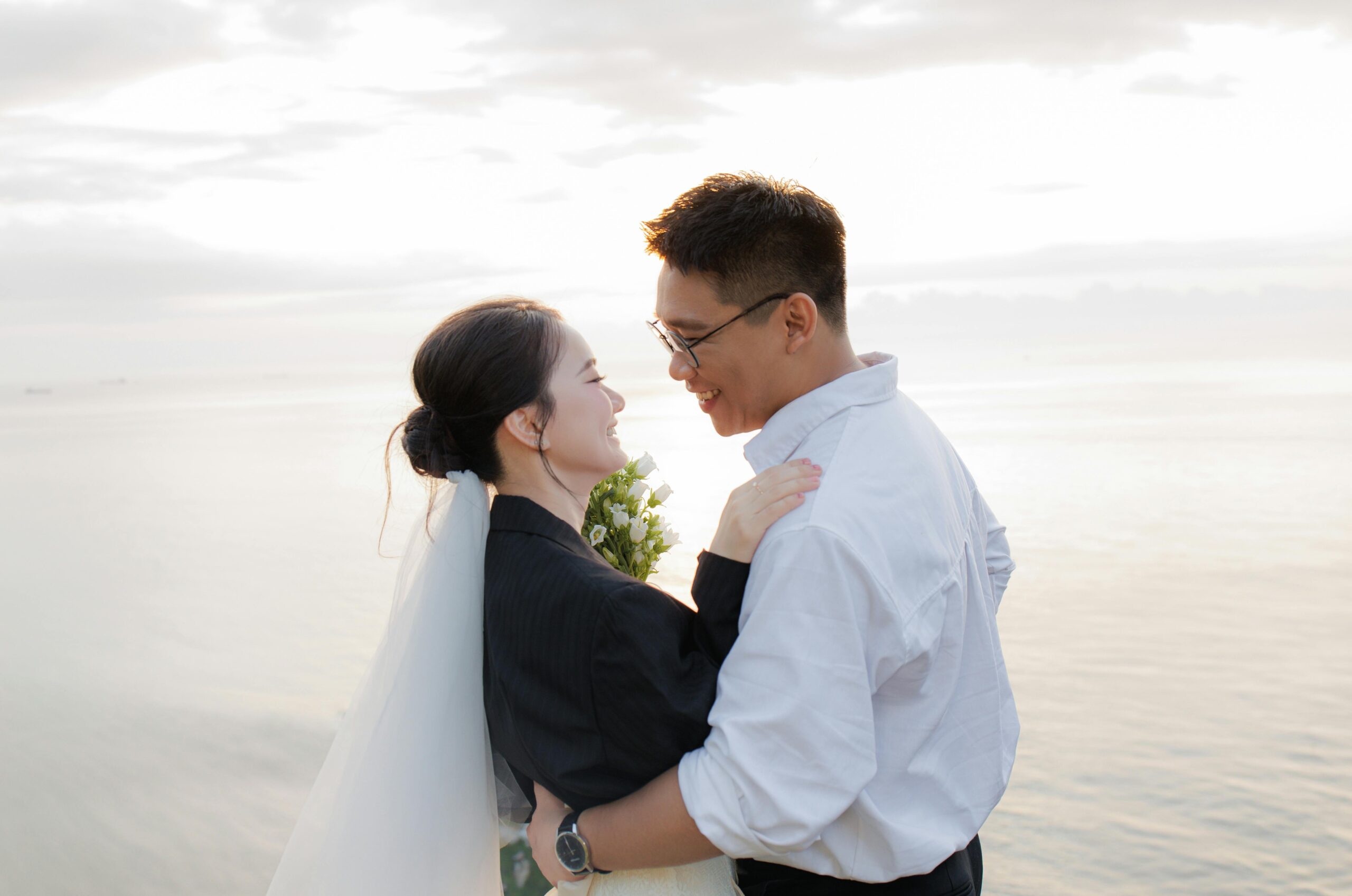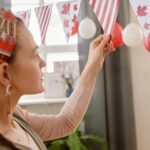Table of Contents
- The Great Umbrella Paradox: Why Vancouverites Either Love or Loathe Them
- Essential Gear for Vancouver Weather: A Strategic Guide for Newcomers
- Don’t Let it Dampen Your Spirits: Unforgettable Rainy Day Activities in Vancouver
- Embracing the “Liquid Sunshine”: How Rain Shapes Vancouver’s Authentic Local Identity
- Frequently Asked Questions
Navigating a new country involves more than just paperwork and finding a place to live; it requires an immersion into the local culture. For anyone moving to Vancouver, understanding the city’s relationship with rain is a fundamental step toward feeling truly at home. Known affectionately and sometimes exasperatedly as “Rain City,” Vancouver has a unique rainy day culture that can be baffling to newcomers. The constant drizzle shapes everything from fashion and social plans to the very identity of its residents. This guide offers insights into the unwritten rules of Vancouver’s weather habits, helping you transition smoothly into life on Canada’s beautiful, albeit damp, West Coast.
The Great Umbrella Paradox: Why Vancouverites Either Love or Loathe Them
One of the first cultural quirks newcomers will notice in Vancouver is the profound divide over a seemingly simple tool: the umbrella. You might assume that in a city famous for its precipitation, an umbrella would be a universal accessory. However, you’ll quickly observe two distinct factions. On one side, there are those who carry an umbrella for even the slightest mist, dedicated to protecting their hair, clothing, and personal space from any dampness. On the other side is a formidable group of locals who staunchly refuse to use one, viewing it as a sign of a tourist or someone not yet accustomed to the climate. This latter group has made the high-quality waterproof jacket the unofficial uniform of the city. Their philosophy is rooted in practicality; Vancouver’s rain is often a persistent, light drizzle rather than a torrential downpour, and it can be accompanied by wind, which makes wrestling with an inside-out umbrella a frustrating public spectacle. For them, a hooded GORE-TEX jacket offers hands-free convenience, essential for commuting, cycling, or holding a cup of coffee from one of the city’s countless artisanal cafes.
This isn’t merely a practical choice—it’s a statement of identity. To forgo the umbrella is to signal a certain resilience, an acceptance of the environment. It says, “I am prepared. I am a part of this place.” For a newcomer, choosing a side in the great umbrella debate can feel like a small but significant step towards integration. There is no right or wrong answer, but understanding the subtext is key. The choice ultimately depends on your lifestyle. If you prioritize convenience and a hands-free existence, investing in a top-tier rain jacket is the way to go. If you are more concerned with arriving at a business meeting looking perfectly put-together, a sturdy, wind-resistant umbrella will be your best friend. Observing this dichotomy is your first lesson in Vancouver culture: residents value practicality and an embrace of the natural environment above all else.
Essential Gear for Vancouver Weather: A Strategic Guide for Newcomers
Adapting to Vancouver’s climate goes beyond the umbrella question. Building a wardrobe that can handle a day that starts with fog, moves to brilliant sunshine, and ends with a downpour is a strategic art form. The cornerstone of any Vancouverite’s closet is not just a single rain jacket but a system of layers. The most critical piece is the waterproof, breathable shell jacket. Brands like Arc’teryx (a local company), The North Face, and Patagonia are ubiquitous for a reason—they offer reliable protection against both rain and wind. Underneath this shell, layering is crucial. A fleece or a lightweight down vest provides insulation that can be easily removed if the sun makes a surprise appearance. For newcomers, investing in this single piece of outerwear will be one of the most practical decisions made during the settlement process. It allows for participation in the city’s outdoor-oriented lifestyle, regardless of the forecast. The second non-negotiable item is waterproof footwear. Soggy feet can ruin a day, and a typical pair of sneakers won’t suffice. Look for boots or shoes with a waterproof membrane, like GORE-TEX. Brands like Blundstone, Bogs, or Vessi (another local success story) are popular because they blend functionality with urban style, allowing you to go from a forest trail to a downtown restaurant without needing a change of shoes. This focus on versatile, high-performance gear underscores a core Vancouver value: life doesn’t stop for the rain, so one must be properly equipped to enjoy it.
Don’t Let it Dampen Your Spirits: Unforgettable Rainy Day Activities in Vancouver
While having the right gear is essential, the true secret to thriving in Vancouver is learning to see rainy days as an opportunity, not an obstacle. The city is masterfully designed for indoor and outdoor enjoyment, even during a downpour. The pervasive coffee culture provides a perfect refuge; countless independent cafes offer a cozy atmosphere to read, work, or catch up with friends while watching the rain fall. It’s a cherished local pastime. For a more active day, many of Vancouver’s premier attractions are indoors. Granville Island, for instance, is a spectacular destination on a rainy day. Its large, covered Public Market is a vibrant hub of food vendors, artisans, and performers. You can spend hours sampling local delicacies and shopping for unique crafts without ever feeling a drop. The city also boasts world-class museums, such as the Museum of Anthropology at UBC, with its stunning collection of First Nations art, or the Vancouver Art Gallery downtown. Yet, true Vancouverites don’t always run for cover. A walk or run through the rainforest trails of Stanley Park or Pacific Spirit Regional Park is considered magical in the rain. The tree canopy provides a natural umbrella, the air smells fresh and earthy, and the lush green colours of the moss and ferns become incredibly vibrant. This embrace of the outdoors, rain or shine, is a defining characteristic of the local lifestyle.
Here are some key takeaways for enjoying a classic Vancouver rainy day:
- Embrace Café Culture: Find a local coffee shop and settle in. It’s the quintessential Vancouver way to wait out a shower or spend an entire afternoon.
- Explore Indoor Markets: Places like Granville Island Public Market or Lonsdale Quay Market offer a rich sensory experience completely shielded from the weather.
- Visit Museums and Galleries: Use the rain as your cue to finally explore the cultural institutions you’ve been meaning to visit.
- Walk in the Rainforest: Don’t shy away from the outdoors. A walk through Stanley Park or Lynn Canyon when it’s drizzling is a peaceful and authentically West Coast experience.
- Catch a Film or a Show: Vancouver has a thriving arts scene, from independent cinemas like The Rio Theatre to major stage productions.
Embracing the “Liquid Sunshine”: How Rain Shapes Vancouver’s Authentic Local Identity
Ultimately, the rain in Vancouver is more than just a meteorological phenomenon; it is a foundational element of the city’s soul. It dictates the pace of life, fostering a cozy, introspective mood in the winter months that contrasts sharply with the exuberant, sun-starved energy of the summer. The term “liquid sunshine” is often used by locals, a piece of classic Vancouver irony that reflects a deep-seated acceptance and even affection for the climate. Complaining about the rain is common, but it’s a form of communal bonding rather than a genuine grievance. For newcomers, learning to appreciate this aspect of the city is the final step in the integration process. It means not cancelling plans because of a grey sky, learning the subtle differences between a drizzle, a shower, and a downpour, and feeling a surge of collective joy when the sun finally breaks through the clouds. The rain is what makes the landscape so incredibly lush and green. It feeds the temperate rainforests that surround the city, fills the rivers, and creates the moody, atmospheric vistas of mountains shrouded in mist that are so iconic. To love Vancouver is to, at the very least, make peace with its rain. By embracing the rainy day culture, you are not just adapting to the weather; you are adopting a mindset of resilience, preparedness, and an appreciation for the natural beauty that the rain sustains.
Frequently Asked Questions
What is the Vancouver umbrella debate?The umbrella debate refers to the cultural divide in Vancouver between residents who use umbrellas and those who refuse, preferring a high-quality rain jacket. This choice often reflects a local identity rooted in practicality and an embrace of the outdoor lifestyle, where a waterproof jacket is seen as more convenient than an umbrella in the city’s frequent drizzle and wind. What are the essential clothing items for Vancouver’s rainy weather?
The most essential items for navigating Vancouver’s weather are a waterproof and breathable shell jacket and a reliable pair of waterproof boots or shoes. A layering system, including fleeces or light insulated vests, is also highly recommended to adapt to the city’s often-changing daily weather conditions. How can newcomers enjoy a rainy day in Vancouver?
Newcomers can enjoy a rainy day by exploring the city’s vibrant indoor attractions like Granville Island Market and various museums, or by embracing the local coffee culture in a cozy cafe. Alternatively, participating in the authentic local experience involves putting on the right gear and going for a walk in a rainforest park like Stanley Park, where the scenery is especially beautiful in the rain. What does the term “liquid sunshine” mean to locals?
“Liquid sunshine” is a popular, ironic term used by Vancouverites to refer to the rain. It reflects a humorous and resigned acceptance of the city’s famously wet climate, turning a potential negative into a defining, and even cherished, characteristic of local life. Talk to us to find out more. ->
The content above is not intended to provide legal advice or opinions of any kind and may not be used for professional or commercial purposes.







